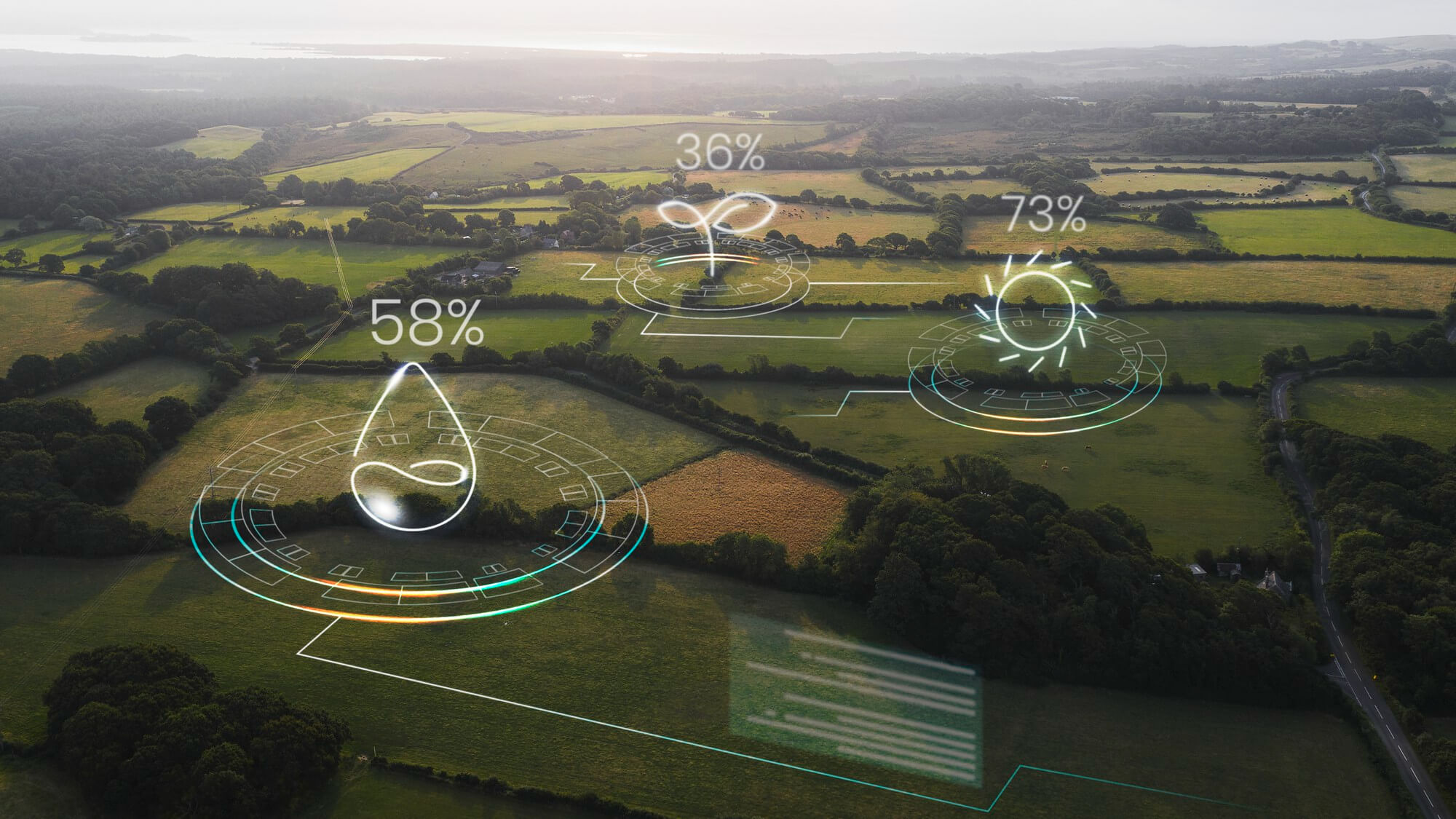When people hear the word “audit,” they think of numbers. Balance sheets, income statements, compliance checks. For decades, that has been the role of auditors: to make sure the numbers are correct and that companies follow the rules.
But the world we live in is changing. Climate change is no longer a distant issue it is here, and it is shaping economies in ways we cannot ignore. Rising sea levels, extreme weather, carbon taxes, new regulations… all of these affect companies directly.
So I ask myself: if climate change is reshaping business reality, shouldn’t audit evolve too? For me, climate risk is not just an environmental concern it is the next frontier in financial audit.
Why climate risk matters for audit
Traditional audit is about truth: representing the true financial position of a company. But how can financial statements be true if they ignore climate risks?
Imagine a company with factories in a flood-prone area. Or an energy company depending on coal plants that could become obsolete because of carbon pricing. If auditors ignore these risks, the financial picture is incomplete, maybe even misleading.
In my view, this is not only a technical issue—it’s an issue of trust. Investors, regulators, and society rely on audit to give a fair picture of a company’s health. If climate risks are not part of that picture, then audit is failing in its mission.
The hidden risks companies face
Let’s break it down. Climate risks can affect companies in three major ways:
- Physical risks: floods, droughts, storms. These can destroy assets, disrupt supply chains, or reduce productivity. For example, agricultural firms face yield losses from extreme weather. Manufacturers may see their logistics disrupted by hurricanes or wildfires.
- Transition risks: policies and market changes that come with the shift to a low-carbon economy. Think of carbon taxes, stricter emission rules, or investors divesting from polluting industries. A coal plant may look profitable today, but tomorrow it could be a stranded asset.
- Liability risks: lawsuits from communities, NGOs, or regulators against companies that pollute or fail to disclose climate risks. We’ve already seen oil majors taken to court for misleading investors about climate threats.
To me, these are not side issues. They are central financial risks. If we ignore them, we are ignoring reality.
Why auditors cannot ignore climate
I see a growing demand from investors and regulators for more transparency. In Europe, the new Corporate Sustainability Reporting Directive (CSRD) will force companies to disclose their climate risks. In the U.S., the SEC is also moving towards climate disclosures.
This means auditors cannot stay passive. They will be asked to check not only numbers, but also sustainability data. Are emissions reported correctly? Are climate assumptions realistic? Are companies telling the truth about their resilience?
For me, this is a revolution in the profession. Auditors are used to checking invoices, contracts, accounting standards. Now they must also check carbon footprints, climate scenarios, and environmental strategies.
It may sound challenging, but I think it’s an incredible opportunity. Auditors can become the guardians of trust in a new era of finance an era where truth is not only about money, but also about sustainability.
From financial assurance to climate assurance
I believe the role of auditors will evolve from financial assurance to climate assurance.
What does that mean?
- Validating sustainability reports.
- Checking whether companies’ climate data is consistent with their operations.
- Assessing if long-term risks (like carbon pricing or regulation) are reflected in valuations.
For example, if an oil company claims it will be “net zero by 2050,” auditors should ask: is this plan realistic? Are the investments in place? How is it accounted for in today’s numbers?
This kind of questioning can protect investors from greenwashing and force companies to be accountable.
Opportunities for the audit profession
Some might see this as a burden. More complexity, more work, more risk. But I see it as a chance to reinvent the profession.
Auditors who develop expertise in climate risk will become essential. Companies, investors, and regulators will look to them for credibility. Instead of being seen as “back-office compliance,” auditors could become strategic advisors for a sustainable economy.
This could also attract new talent. Young professionals today want to work with purpose. A career in audit that combines financial expertise with climate impact could be very appealing.
The challenges ahead
Of course, this transformation won’t be easy. I see three big challenges:
- Skills gap: Most auditors are not trained in climate science, ESG, or sustainability reporting. New skills will be needed, from carbon accounting to climate modeling.
- Standards and consistency: Just like with ESG, there is a risk of fragmented approaches. We need clear global standards for climate disclosures, otherwise audits will remain inconsistent.
- Independence and pressure: Auditors may face pressure from clients who don’t want bad news disclosed. Staying independent will be more difficult, but also more important than ever.
These are real obstacles. But I believe the profession can adapt—because it has done so before. Think of how audit evolved with IFRS, with digitalization, with internal controls. Climate is simply the next chapter.
A glimpse of the future
I imagine an audit report in 2030. Alongside the financial statements, there is a climate resilience section. It shows how exposed the company is to physical risks, how credible its transition plan is, and how it aligns with global climate goals.
Investors read this section as carefully as they read the income statement. Regulators use it to ensure transparency. Society uses it to hold companies accountable.
And behind it all, auditors stand as the ones who guarantee that this information is fair, accurate, and trustworthy.
That’s the future I see: audit as a profession not only of numbers, but of impact.
My conclusion
Climate change is reshaping our economies. Companies cannot ignore it. Investors cannot ignore it. And auditors, in my opinion, must not ignore it either.
The mission of audit has always been about truth and trust. If we want trust in the financial system today, that truth must include climate risk.
I believe climate assurance is the next frontier. And those who embrace it will not only stay relevant they will lead.
Because at the end of the day, audit is not just about checking numbers. It’s about making sure that finance reflects reality. And today, reality is climate.


